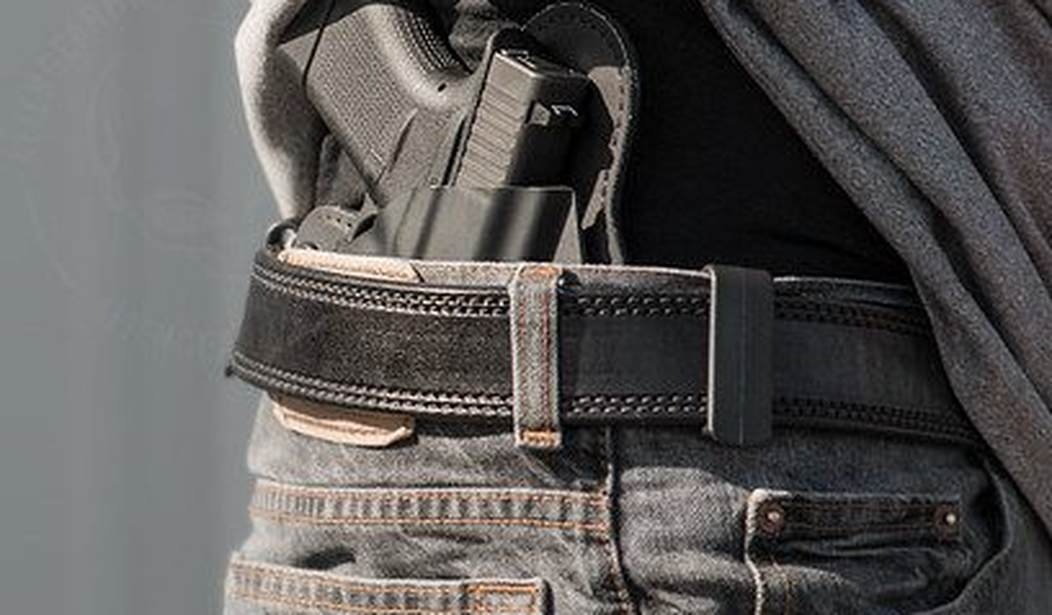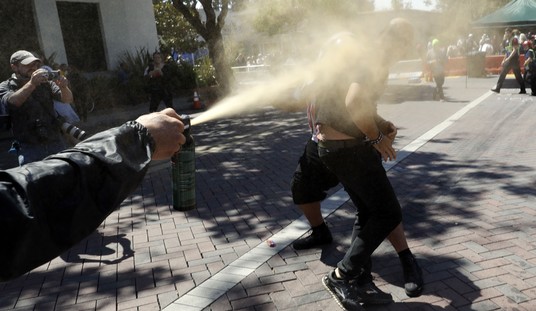Last week the New Jersey Office of Attorney General released the new Permit to Carry “Dashboard.” The website is a way for the public to look into carry permit data. The dashboard made available information on how many applications there were, denials, the jurisdictions, and other information. With Attorney General Matthew Platkin’s release came a sticker service, where entities can apply to get free “gun free zone” stickers for use on their property. After churning the numbers, an interesting fact popped up. More than 50% of the permit to carry denials post-Bruen were based on subjective standards.
According to the Attorney General’s data, there were 217 post-Bruen permit denials. Of those 217, 112 were because of N.J. 2C:58-3c (5). That provision of the law allows issuing autorites the ability to deny permit applications if they feel that it “would not be in the interest of the public health, safety or welfare” should said applicant be issued a permit.
I reached out to Attorney General Matthew Platkin and his press office on Friday March 15, 2024 at 3 a.m. about this. My email was as follows:
Attention Attorney General:
I'm writing concerning some data I took in from the newly released Permit to Carry Dashboard. I'm a freelance journalist who's a vetted member of [redacted] and I wish to cover some findings within the data set.
Looking at the permit to carry denials in a "post-Bruen" timeframe, we have 217 denials. Of those denials, 112 were for applicants being subjected to the "public health, safety, and welfare" provision in the law. The specific statute being 2C:58-3c. Where as a permit to carry shall not be issued:
"To any person where the issuance would not be in the interest of the public health, safety or welfare because the person is found to be lacking the essential character of temperament necessary to be entrusted with a firearm."
Over 50% of the denials are based on the subjective standard of an issuing authority. What is the Attorney General's position on this in light of NYSRPA v. Bruen and D.C. v. Heller?
In Justice Kavanaugh's concurring opinion in Bruen, which is consistent with footnote #9 from the majority opinion, we have the following:
"Going forward, therefore, the 43 States that employ objective shall-issue licensing regimes for carrying handguns for self-defense may continue to do so. Likewise, the 6 States including New York potentially affected by today’s decision may continue to require licenses for carrying handguns for self-defense so long as those States employ objective licensing requirements like those used by the 43 shall issue States."
New Jersey was one of the 6 affected states and 2C:58-3c is a subjective standard, not a "narrow, objective, and definite standard," per footnote #9 and Kavanaugh's concurrence.
Footnote #9 stat[es] that the requirements in other states with permissible shall-issuing licensing:
"likewise appear to contain only 'narrow, objective, and definite standards' guiding licensing officials, Shuttlesworth v. Birmingham, 394 U. S. 147, 151 (1969), rather than requiring the 'appraisal of facts, the exercise of judgment, and the formation of an opinion,' Cantwell v. Connecticut."
In D.C. v. Heller, the majority opinion notes:
"We know of no other enumerated constitutional right whose core protection has been subjected to a freestanding 'interest-balancing' approach. The very enumeration of the right takes out of the hands of government—even the Third Branch of Government—the power to decide on a case-by-case basis whether the right is really worth insisting upon. A constitutional guarantee subject to future judges’ assessments of its usefulness is no constitutional guarantee at all."
An issuing authority exercising any form of discretion outside of an objective standard is determining the eligibility of an applicant on a "case-by-case basis." This interest-balance case-by-case determination is verboten per Heller.
Could the Attorney General please speak to why more than 50% of the permit to carry denials have come via subjective, case-by-case determinations? This practice is clearly against two Supreme Court Opinions which affirm the Second Amendment as a civil right for the People.
I hope to get copy out concerning this matter mid next week. The courtesy of an expeditious reply and explanation on the above would be appreciated. My readers want to know the answers to these questions as do many of the law-abiding citizens in New Jersey.
Warmest Regards,
John Petrolino
The Attorney General’s office did not comment, so I followed up Monday night, and again Wednesday March 20th. I stated to Platkin’s office that I’d be happy to wait for a comment, but if there’s no comment, to let me know. Platkin’s office replied with, “Thanks for your email. The office declines to comment,” from an unsigned individual.
Platkin’s office is now aware of this issue.
Getting the information that more than half of the denials are based on practices that go against several U.S. Supreme Court opinions should be an eye opener to the executive branch in New Jersey. It’s the attorney general’s duty to only execute sound law and has issued policy letters and guidelines in the past clarifying the state’s position on bad law.
What Platkin’s office is planning on doing about issuing authorities upholding a provision of the law that’s clearly a violation of civil liberties per Heller, Bruen, et.al. is not known. Considering this data is new to everyone, we can only speculate that after this topic is fully explored, these illegal denials will be remedied swiftly by Platkin’s office.








Join the conversation as a VIP Member